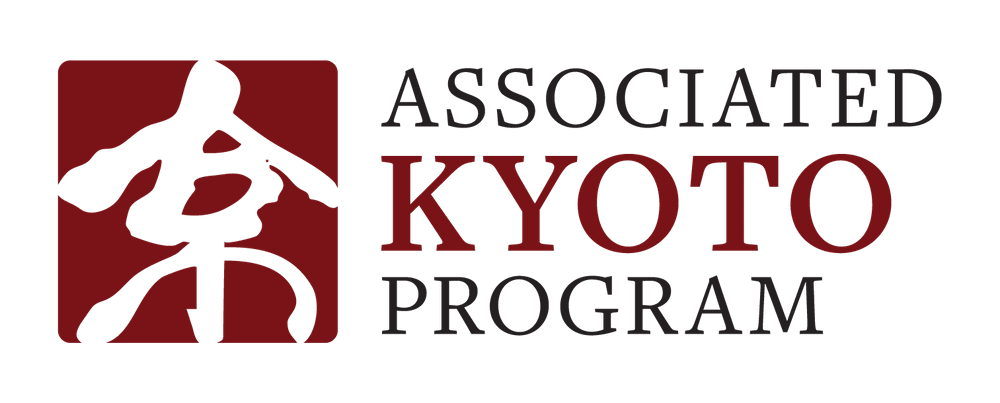Stages of Adaptation
Honeymoon Stage: The main experience in this stage is bewilderment mixed with exhilaration and euphoria. Everything seems to be fascinating, intriguing, and amusing. Every day brings new encounters, new adventures, and new people. Despite the bewilderment, most people in this initial stage generally accept the fact that getting lost, encountering problems, etc., will require a good amount of flexibility and tolerance. You may find yourself eager to fit in and seeking to identify with Japan and Japanese culture as fully as possible.
Anxiety and Hostility Stage: As your excitement fades, your newfound familiarity can breed a kind of contempt and indifference. People at this stage often respond with a fight (disproportionate irritation with minor issues, complaining about Japan and its people) and/or flight (loneliness and alienation, a need to depend on other foreigners, a desire to stick with what is familiar) response. You may find yourself longing for how your culture does things and looking at Japanese culture in a negative light.
Adjustment Stage: Things start clicking into place. Your daily routine on AKP settles. Annoyances with Japanese culture become more understandable, even if they don’t disappear entirely. As you start to relax, you may find yourself making more efforts to be adventurous and to connect with people.
Acceptance Stage: This stage is when you come to balance both the importance of your home culture and your newfound comfort with Japanese culture. By this point, you’ve likely developed ways to healthily cope with the stress of cultural difference. You feel relatively comfortable with Japanese norms as well as your new community with AKP.

